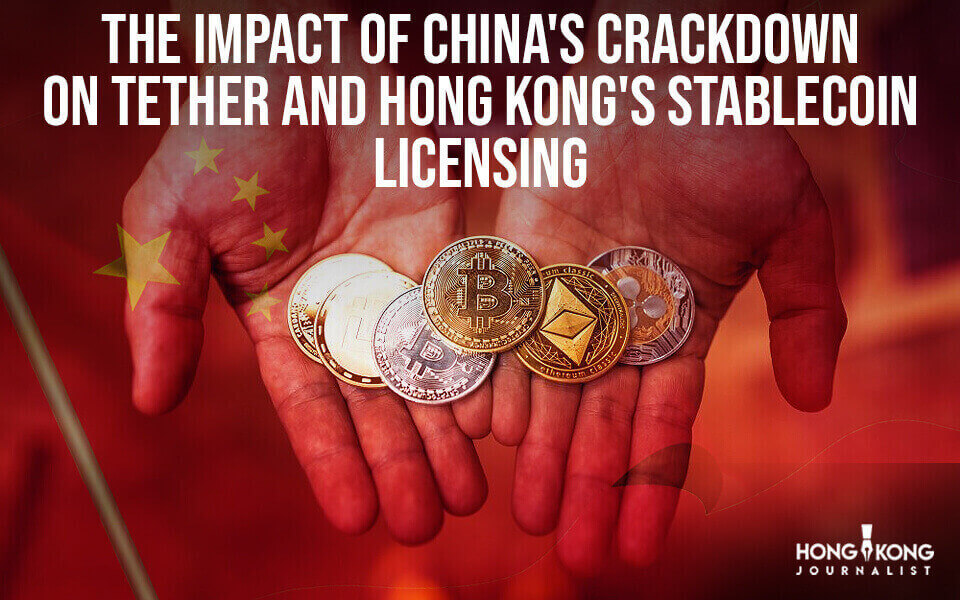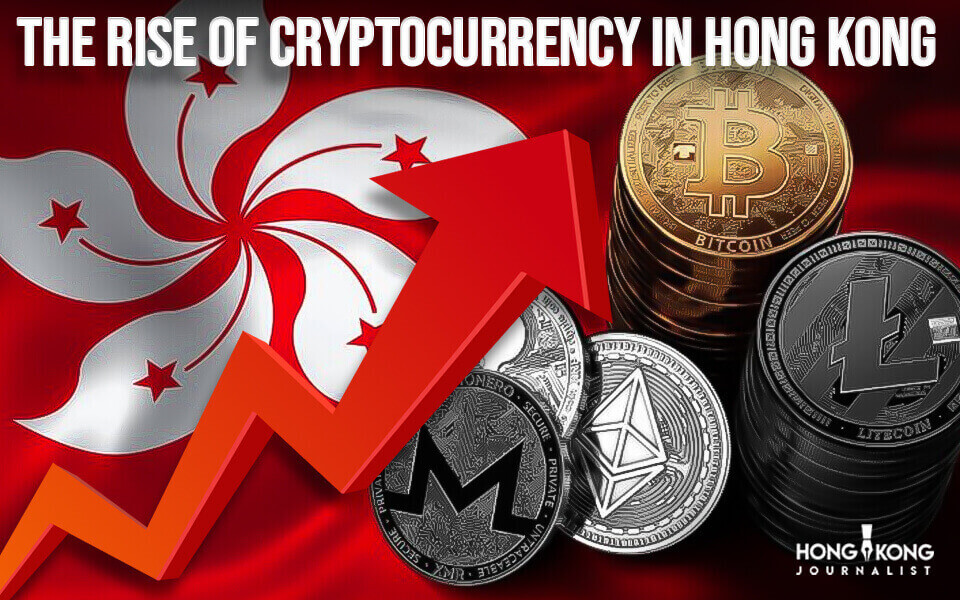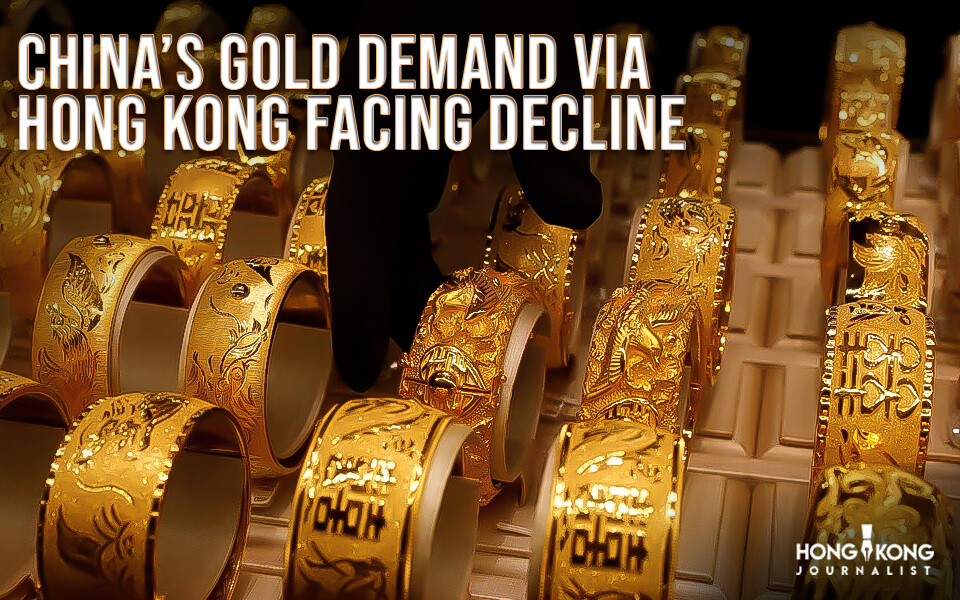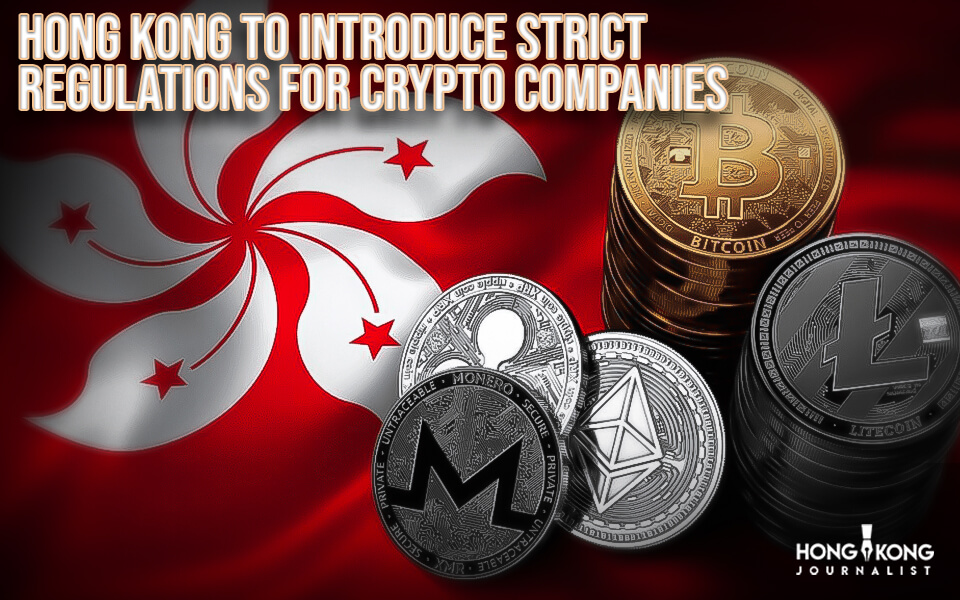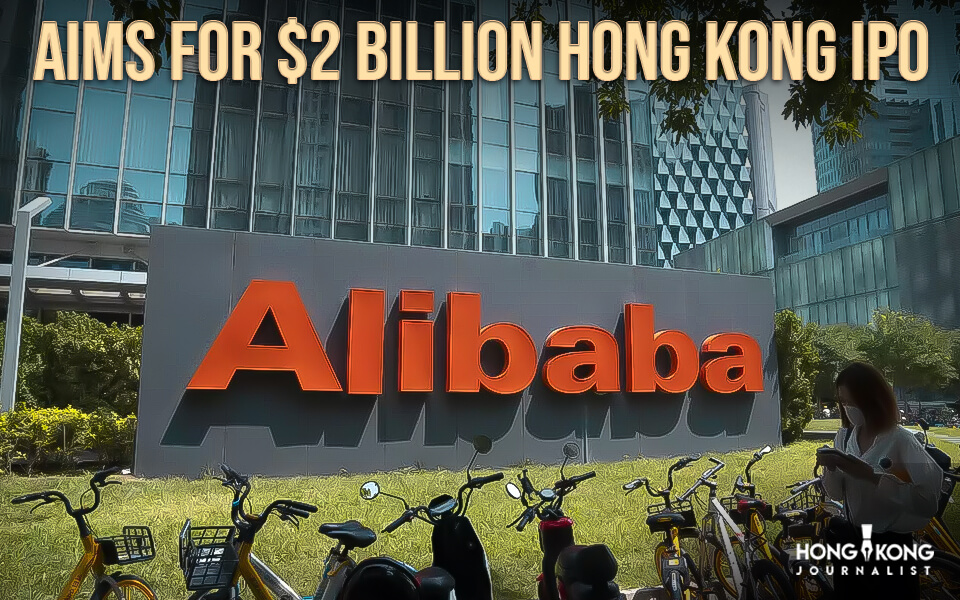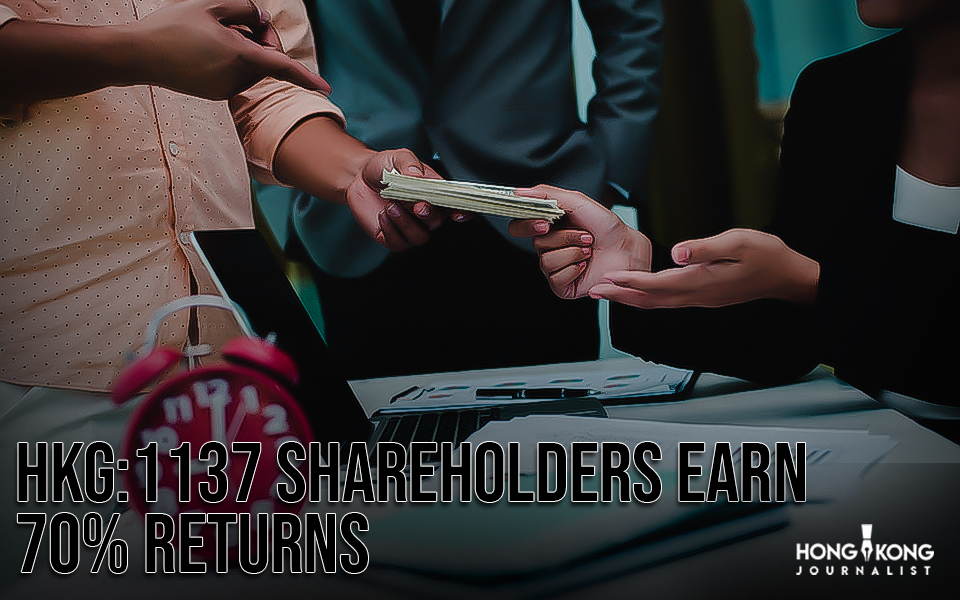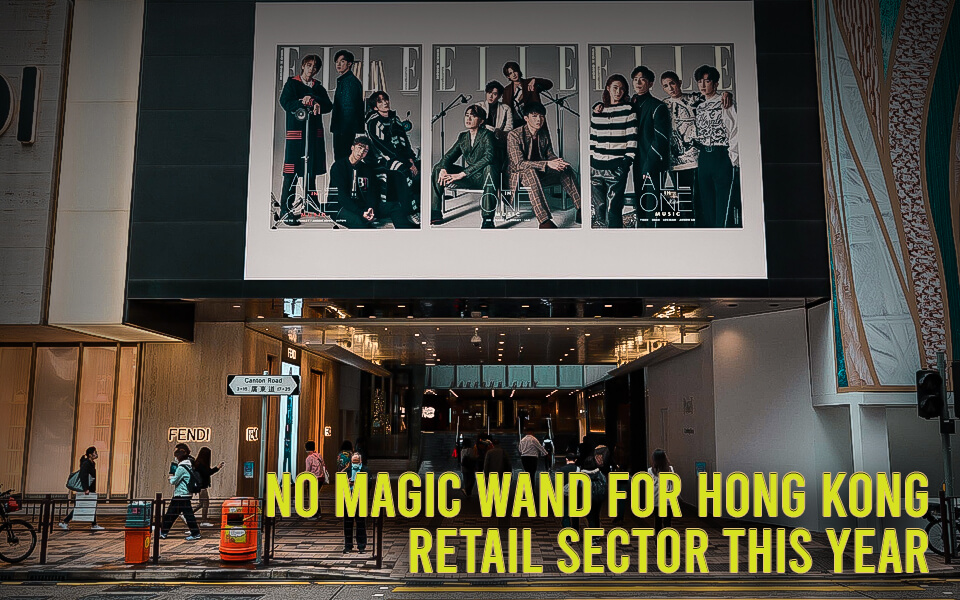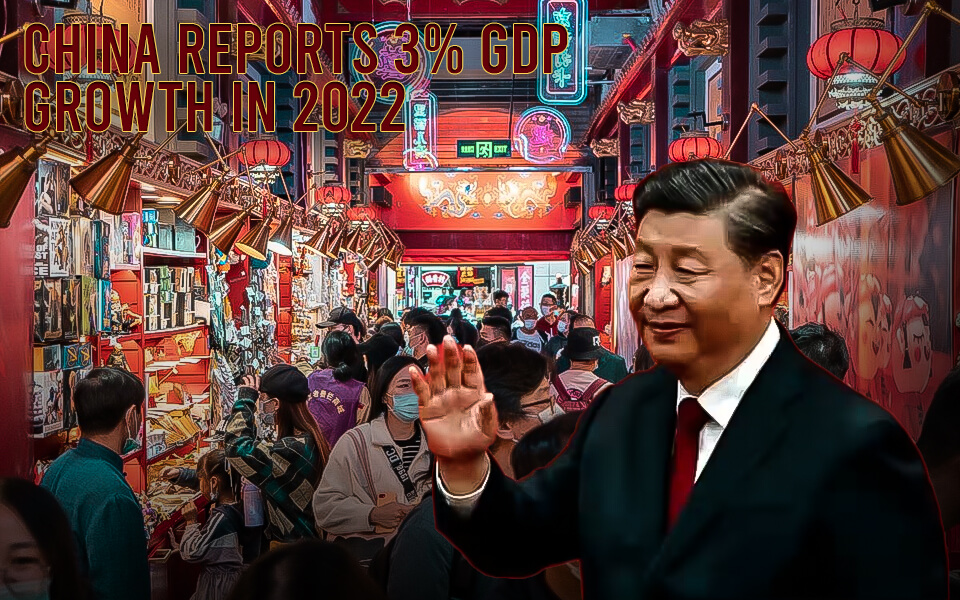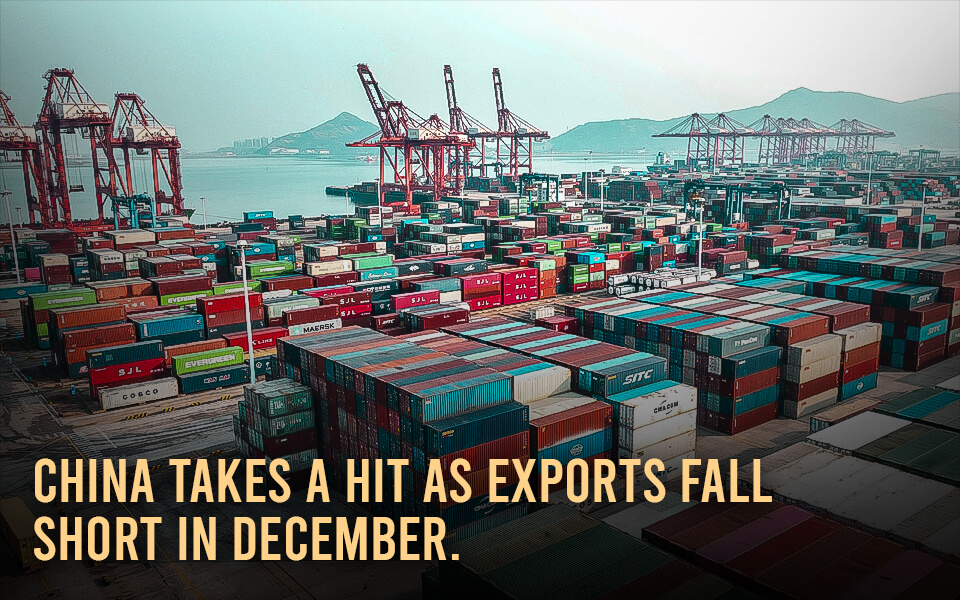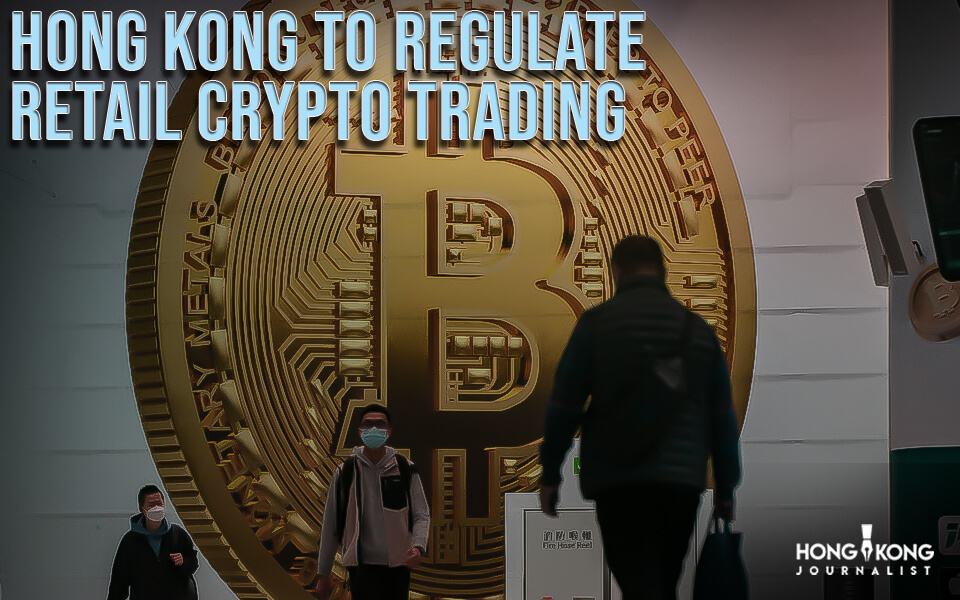
Hong Kong opens the door to retail investors who are now eligible to participate in crypto trading. With the issued license, they can purchase popular cryptocurrencies such as Bitcoin. The new rule has shown some ease in upgrading as a digital asset hub.
However, the global crypto market is hustling to gain retention from high-profile failures faced in previous months. This includes the drastic decline of FTX and crypto-friendly US banks Signature and Silvergate.
Because the so-called ‘crypto winter’ has not discouraged Hong Kong authorities from embracing this sector. The pivot started last October and inculcates new laws for crypto exchanges beginning June 1.
Officials are sitting with their fingers crossed expecting to see a boon in the city’s economy. The expectations are high because a lot of struggle was aligned to reach this situation, such as the pandemic, social unrest, and the impact of Beijing’s imposed national security on business confidence.
Crypto markets are outlawed in China, but after this flourishing plan, Hong Kong will become a concrete key for mainland Chinese investors who are eagerly looking for a platform like crypto trading.
Regulators have also agreed to persuade and thrive firms in a favorable market place, but the only concern is to balance the need for investor protection. If this plan takes little shifts from the traditional financial approach to the virtual asset space, it will create a well-developed area for investors.
“There is an explicit acknowledgement that these products are becoming more and more part of our economy,” Giuliano Castellano, a law professor at the University of Hong Kong, told AFP.
It is not that the city does not have a license, they have always followed a voluntary licensing system for crypto platforms since 2019. However, these licensees are only eligible for professional clients with portfolios of at least HK $ 8 million ($ 1 million)
In this case, if the licenses don’t get issued to the local public, this whole idea gets reduced to offshore websites like Binance and Coinbase. The least could be brick-and-mortar, where buying and selling will take place by exchange in tokens of cash.
The client-related restrictions are unpopular in Hong Kong’s crypto business and while deciding the income rules the officials had decided to drop the idea.
“The genie’s out of the bottle,” said Kristi Swartz, a fintech lawyer at DLA Piper, referring to retail crypto trading.
“(They) just have to face reality… If it’s already there, let’s try to regulate it.”
Hong Kong is deep diving and tirelessly analyzing other countries’ working styles to set ground rules for crypto. Despite its smack it still has a global market capitalization of more than $1 trillion.
The evolving attitude of the crypto world has been strictly ignored by China since 2021. Leo Weese, co-founder of the Bitcoin Association of Hong Kong stated that Hong Kong — a Chinese city with financial regulations separate from the mainland — holds special appeal for China’s crypto businesses and investors.
“There is a huge appetite from… (Chinese) cryptocurrency ventures to have any kind of legal presence on Chinese soil,” he said, adding that firms see it as a gateway to the lucrative mainland market.
- Published By Team Hongkong Journalist

